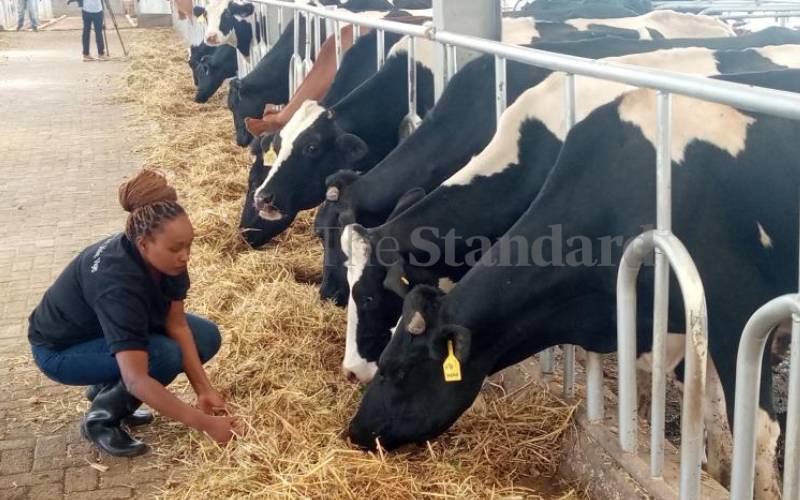×
The Standard e-Paper
Stay Informed, Even Offline

The price of livestock feeds has doubled in the past two years causing some farmers to reduce their stocks or food per cow. [Antony Gitonga, Standard]
The rise in cost of raw materials has forced 50 percent of Kenya’s dairy feed manufacturers to close shop or downsize operations in the past two years, John Gathogo, Chairman Association of Kenya Feed Manufacturers, has said.







